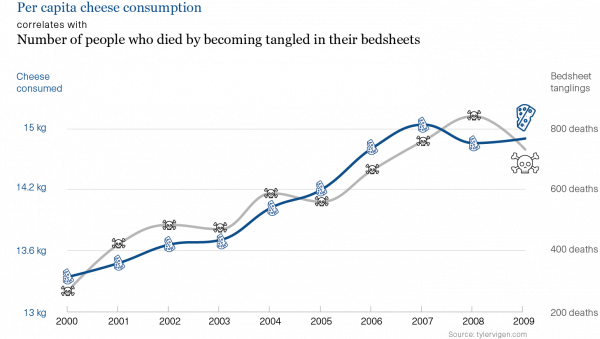Eye-opening ‘events’
An AI-driven video analysis platform highlights unseen dangers in the workplace, then magically mitigates the risk.

Why should boards pay attention?
Boards need the right information presented in an accessible way to support their decision-making. With significant amounts of information coming to boards dashboards are often attractive.
Despite this attraction, boards need to ensure that dashboards are linked effectively to the organisation purpose and strategy that they have determined, use metrics that support governance not management decision-making for the medium- to long-term and have the narrative and nuance to support board-level decisions.
And for boards, dashboards are not “set and forget”. They require ongoing attention and review to ensure they reflect the strategic and accountability decisions in a context that can change over time.
Bored by board dashboards?
Disappointment with dashboards was a consistent theme when we talked about data analytics with 30+ organisations in 2021. Not unrelated, the other major theme was concern about ‘drowning in data’. Dashboards to enable better-informed monitoring of performance and better decision making seem like a no-brainer, so what’s going on?
We repeatedly heard that dashboards had overpromised and underdelivered.
They might track metrics that don’t seem so insightful after all, some metrics seem to be simply feeders to other metrics, they often just look backwards, and they are difficult and expensive to maintain. One CEO told me that ‘the board barely looks at it’.
In the worse cases they can mislead boards into poor choices, and at a minimum can waste resources.
US data expert Andy Krakov sees four main problems with dashboards. Dashboards prioritise graphs, leaving little room to explain significant insights. Infographics may assume too much knowledge, leaving room for misinterpretation. They can mislead by giving equal prominence to the metrics presented, and the hierarchy or dependencies may be opaque. Perhaps most importantly, storytelling that aids true understanding is usually absent.
Joel Shapiro, Associate Professor Management at Kellogg University describes the promise of dashboards. Managers love dashboards because they offer "snapshots of operational processes, marketing metrics, and KPIs can be visually elegant and intuitive. They show just-in-time views of what’s working and what isn’t...and…the opportunity to make rapid adjustments".
But then he sides with Krakov and points out that dashboards are "poor at providing the nuance and context that effective data-driven decision making demands" (this reminds me of how Jeff Bezos banned slide presentations and bullet points in favour of 4 to 6 page memos, but that’s another story).
Shapiro notes the familiar schema that data might describe existing or past phenomena, indicate likely future events, and maybe even point to the best course of action, but also that dashboards typically only focus on the first. He sees three traps.

Data science and data-driven board reporting are both emerging fields. We should expect a rapid improvement in data-driven reporting, insights and projections.
A dashboard – or any reporting – should only come after the board has agreed it’s priorities. This might sound obvious but it seems a lot of dashboards are driven by data people. Only include metrics that might lead you to make better decisions. Automate so your smart people can interpret rather than produce. Prioritise the exploration of the ‘why’, bringing the board’s knowledge of context.
Finally, don’t forget to look across metrics for the wider picture – success in one area may be at the cost of poor performance in another, and imbalances may be a harbinger of more trouble to come (like a decline in complaints actually being driven by a decline in reporting).
So you absolutely should involve data scientists from the outset in designing your board reporting, but don’t delegate thinking, just the technical execution. Start with why the board wants metrics – presumably for performance monitoring and for making better decisions– and work through the logic from there. Over time you’ll be able to refine what is important, abetted by access to an ever-growing pool of data and ever-improving analysis and visualisation.

Kevin Jenkins CMInstD is a founder of MartinJenkins and has over 30 years’ experience as an advisor to business, not-for-profits and government. He works with boards and executives to help them clarify their strategic direction and make the best choices to achieve their purpose and goals. He also leads MartinJenkins' data science team.
The views expressed in this article do not reflect the position of the IoD unless explicitly stated.
Contribute your perspectives and expertise on an area of governance to the IoD membership and governance community. Contact us mail@iod.org.nz